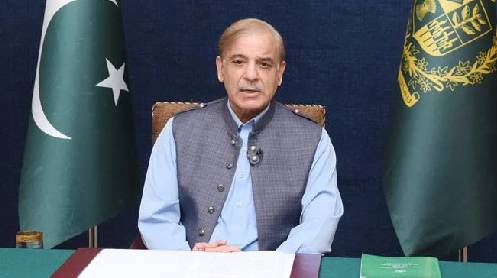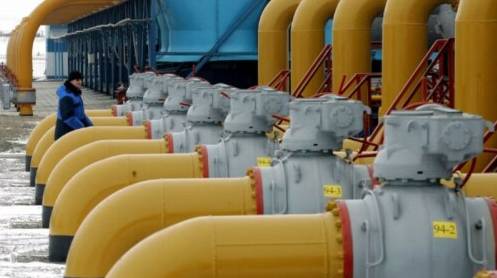In the wake of daily protests by the general public and traders against inflated electricity bills, a local lawyer on Wednesday moved the Supreme Court seeking a direction to the federal government to either withdraw completely or at least reduce to some extent the Fuel Price Adjustment (FPA) charges and other surcharges from the utility bills.
Meanwhile, the Lahore High Court allowed dozens of petitioners to pay only the electricity bill for July, excluding the FPA amount.
Advocate Zulfikar Ahmed Bhutto, while acting pro bono publico, filed a petition with the apex court to invite its attention to the huge bills that the power companies had dispatched to consumers during July-August.
Over the last few days, the petition highlighted, electricity consumers across different cities of the country had taken to the streets against the FPA and other taxes in the bills, as the payables had jacked up to an unbearable level for them.
Citing media reports, the petitioner also highlighted that the consumers were torching their electricity bills during protest demonstrations being staged regularly in different cities and pledging not to pay them until immediate withdrawal of the FPA and other taxes, and issuance of fresh electricity bills by the power distribution companies.
The petition regretted that the government, instead of introducing people-friendly policies, was imposing heavy taxes on the poor electricity consumers, thus bringing extreme discomfort to the lives of even the middle class. At a time when making both ends meet had already become difficult for families owing to the rising prices of essential commodities, the massive FPA and other taxes in power bills had broken the backs of people, the petition stressed, highlighting that a majority of people were earning Rs15,000 to Rs20,000 a month and trying to survive in rented houses in poor localities.
It regretted that the authorities gave an impression to the people that the power bills had been inflated to such an extent under pressure from the International Monetary Fund. But, astonishingly, on the contrary, the government was enhancing service benefits of officials already receiving hefty salaries going into millions, free fuel, house rents and medical facilities etc.
Recently, the Punjab government increased the financial benefits for the lower judiciary, the petition mentioned, adding that on the other hand, taxes were being imposed on the poor. The petition also highlighted Article 25 of the Constitution, which ensures equality for citizens, but regretted that this constitutional guarantee was not being ensured. Likewise, Article 25A says education was a right of every child in the country, but due to rising prices, this right was being denied to children.
Similarly, it stated, Article 37 provides for promotion of social justice and eradication of social evils, but because of such “unjustified heavy financial burden” on the poor through the electricity bills, the purpose of this provision was discouraged. The plea also argued about its maintainability under Article 184(3) since difficulties were being faced by the people throughout the country and they were being deprived of their fundamental rights, as promised in the Constitution.
Bill payment excluding FPA
Meanwhile, the Lahore High Court allowed dozens of petitioners to pay only the electricity bills for July, excluding the FPA amount.
Justice Shahid Waheed passed the order on the petitions filed by Muhammad Sadiq and others, challenging the recovery of the FPA in electricity bills for July.
The counsel for the petitioners argued that the process, assessment, observations, purported calculations and the claim of the FPA in the bills was not based on legally verifiable technical and financial data with respect to power production and cost calculation.
He contended that the misconceived statutory interpretation of tariff determination framework by the National Electricity and Power Regulatory Authority while calculating and charging the FPA on the basis of unverified data resulted in defective exercise of the regulator.
The counsel stated that the respondent charged the FPA by violating its legal and regulatory mandate in breach of the Constitution, as the same was in violation of articles 3, 4, 5, 8, 9, 10-A, 14, 18 and 25 of the Constitution being devoid of the principle of procedural fairness and due process.
He asked the court to order the federal government to undertake all necessary steps to bring forward a uniformed regulatory framework, appropriate administrative and institutional arrangement in relation to FPA calculations, tariff determination and electricity billing.
As an interim and immediate relief, the counsel urged the court to suspend the recovery of the FPA through electricity bills.
The judge issued notices to the respondents for Sept 14 and allowed the petitioners to pay the amount of their electricity bills within the due date except the FPA for July. The judge directed the registrar office to club all similar petitions on the next hearing.





